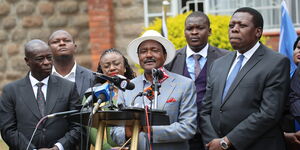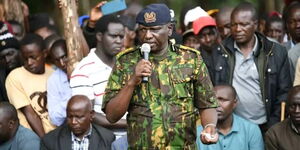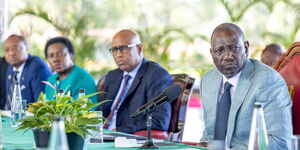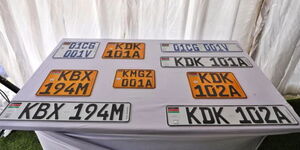President Uhuru Kenyatta chaired the 3rd Cabinet Meeting for 2018 during which they drew a plan for Kenya's candidature in a non-permanent membership of the United Nations Security Council.
During the meeting held at State House, Nairobi on Tuesday, the President noted it was time for Kenya to vie for the position during the next election.
The elections are to be held during the 74th session of the UN in 2020 and if Kenya campaigns correctly, it might have a seat at the table which President Kenyatta noted will enhance its influence in international decision making.
President Kenyatta also noted that Membership of the UN Security Council will particularly help in matters of peace and security for the benefit of the nation and the region at large.
[caption caption="The United Nations Security Council"] [/caption]
[/caption]
Kenya has been a non-permanent member of the council twice in the years 1973-1974 and 1997-1998.
In March, Cabinet Secretary in the Ministry of Foreign Affairs and International Trade, Ambassador Monica Juma stated that the country was positioning itself for a two-year non-permanent membership of the council in a bid to contribute in setting the agenda for global peace and stability.
“We shall be seeking for a seat in the United Nations Security Council for the period of 2021-2022,” she said.
“Kenya’s candidature to the United Nations Security Council is informed by the critical role that we continue to play in maintaining global peace and stability,” Ambassador Juma stated.
Other than drumming up support for the mobilization of resources needed to restore calm in African countries facing terrorism and political instability such as Somalia and South Sudan, Ambassador Juma announced that Kenya’s foreign policy will also aim at strengthening existing economic ties and establishing new ones.
[caption caption="President Uhuru Kenyatta "] [/caption]
[/caption]
Each year, the General Assembly elects five non-permanent members (out of ten in total) for a two-year term.
The ten non-permanent seats are distributed on a regional basis: five for African and Asian countries; one for Eastern European countries; two for Latin American and Caribbean countries; two for Western European and other countries.












